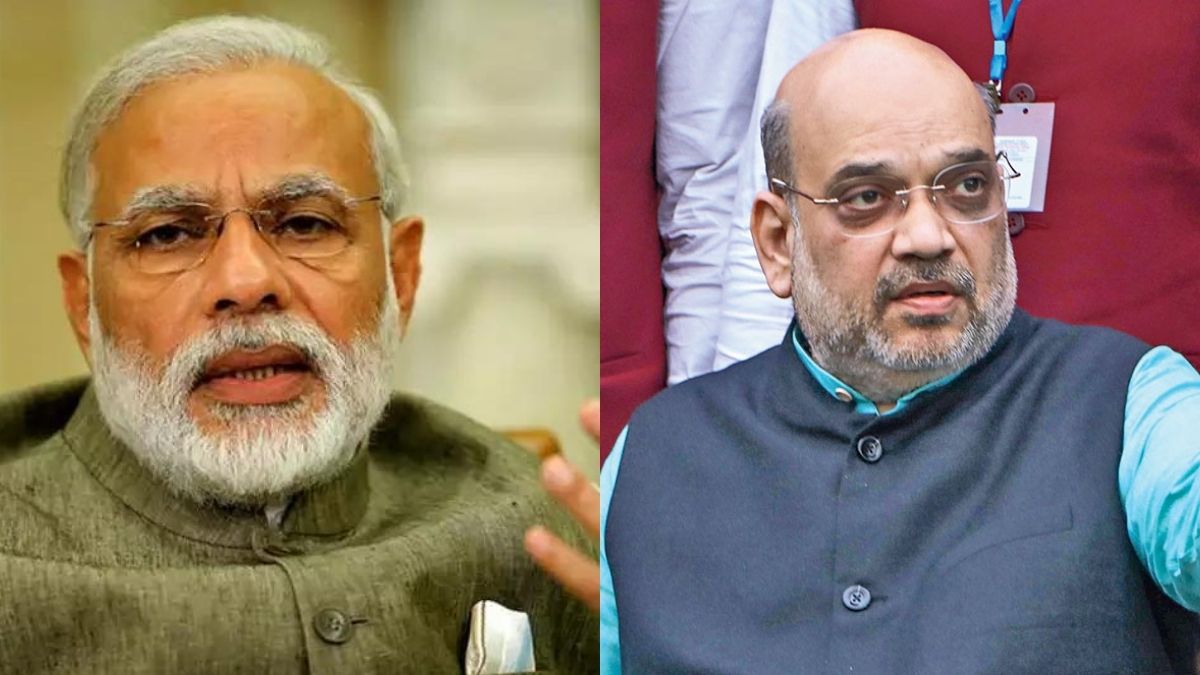The two engine has two different metaphorical attribution. One is motivated by the need to accumulate private money through technology and market tricks, while the other is motivated by the desire to induce a soporific coma in the public consciousness with respect to the lived realities of the day, despite the fact that the two engines go in different directions. The president of the governing Bharatiya Janata Party in Himachal Pradesh has, as expected, once again issued the promise of a “double engine ki sarkar” (two-engined administration) to woo voters ahead of the state assembly elections.

In spite of the right-wing appeal of this metaphor, it has surprisingly escaped the scrutiny it deserves despite having been around for quite some time. The most glaring problem is that this giveaway directly contradicts the federal duties of a constitutionally-operated republic. According to the legislation enshrined in the Indian Constitution, the federal government may neither favour or disadvantage any state government on the basis of political discord.
Using the “double engine” metaphor to implicitly guarantee preferential treatment for voters in any state where a sister BJP administration is elected is completely outside the bounds of the party’s authority. As it is unlikely that the Elections Commission would intervene, the legal community should be questioned as to why the constitutional legality of this metaphor and what it implies has not been examined in a constitutional court.
It is abundantly evident that the “double engine” metaphor is an attempt to further one-party dictatorial power in opposition to the democratic concept of many competing political parties. In addition to this inherent flaw in the metaphor, there is also a deeper irony that appears to be lost on its proponents.
And it’s irony that gets straight to the core of the right-wing ideology that’s in power.

With its roots in the Sangh, the Bharatiya Janata Party does indeed operate on a “twin engine” system. Unfortunately for the republic, the two engines go in different directions. One motor propels (or attempts to propel) toward a “modernity” that is based on class and is powered by private, corporate technology. The latter goes backwards by spreading the myths and assertions on which its “nationalism” rests.
Even when streams of frothy white milk poured down our plains and golden birds perched on the branches of trees, this retrograde engine would have us think that we possessed knowledge of cosmetic surgery, aeronautics, and satellite vision in ancient times.
It’s common knowledge that similar stories flourished across the Western world throughout the Pagan period. However, our “double engine” rulers take, and would have us take, our comparable myths as fact, whereas their modern intellectuals, historians, culture maestros, and ordinary citizens know that tales of fire-breathing dragons, one-eyed monsters, hydra-headed creatures with serpents for hair, and even a flying horse (named Pegasus, remember?) are myths that may well be perused for any allegorical meanings.
To allow technicians to forge “modernity” while making sure social thinkers, scholars of the humanities, scientists rather than technologists are prevented from unravelling the truths that in fact pervade and disable the living conditions of masses of people, or to advance values of egalitarian thought and humanist oneness, this conjunction between the two ruling party engines is the repository of how an undemocratic democracy is sought to be conducted. It follows that the most cutting-edge technology may coexist with the most primitive forms of casteism and religious intolerance.
Keep in mind that Hitler constructed the autobahns while having no qualms about wiping off millions on the basis that the world should be populated solely by blondes and blue-eyed people. So, while the two engines go in opposing directions, they serve the same ideological goal: one seeks to gain private riches via digital and market tricks, while the other seeks to induce a soporific sleep in the public consciousness with respect to the lived realities of the day.

